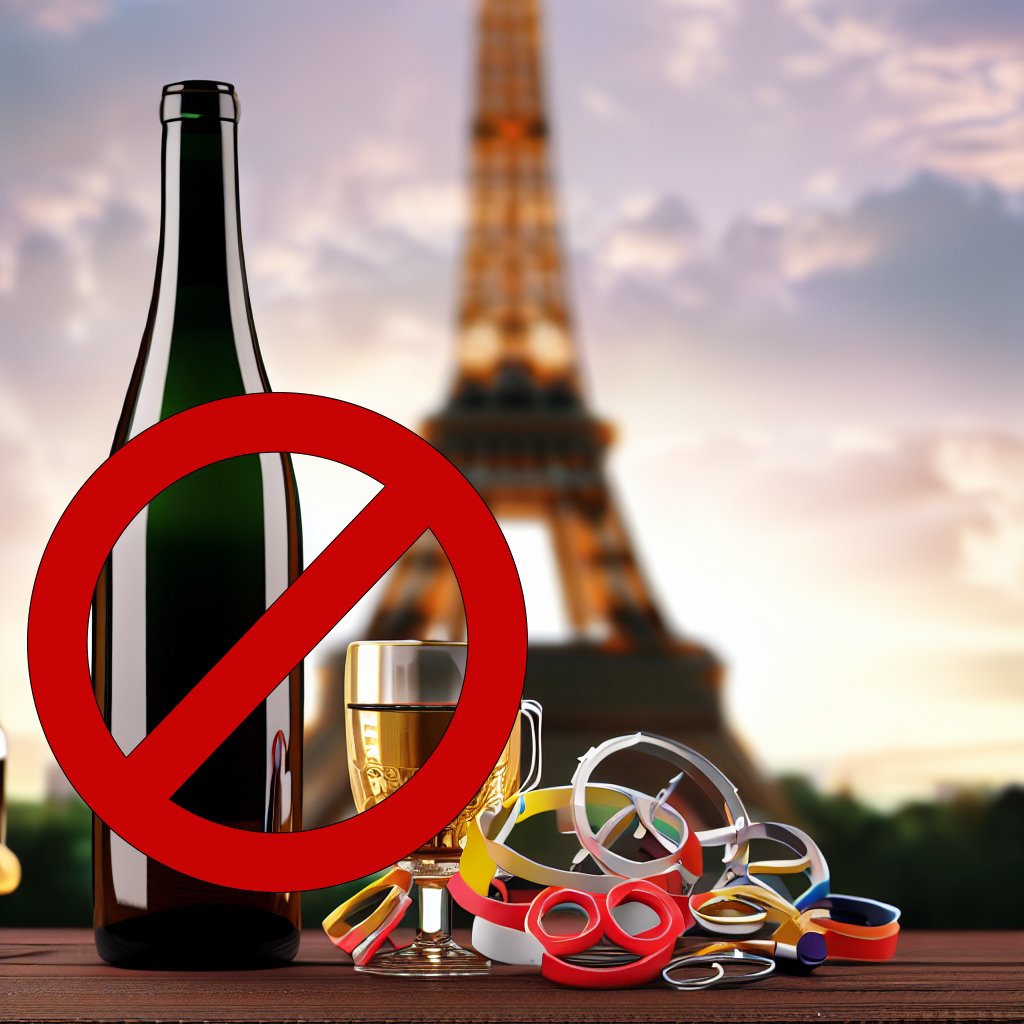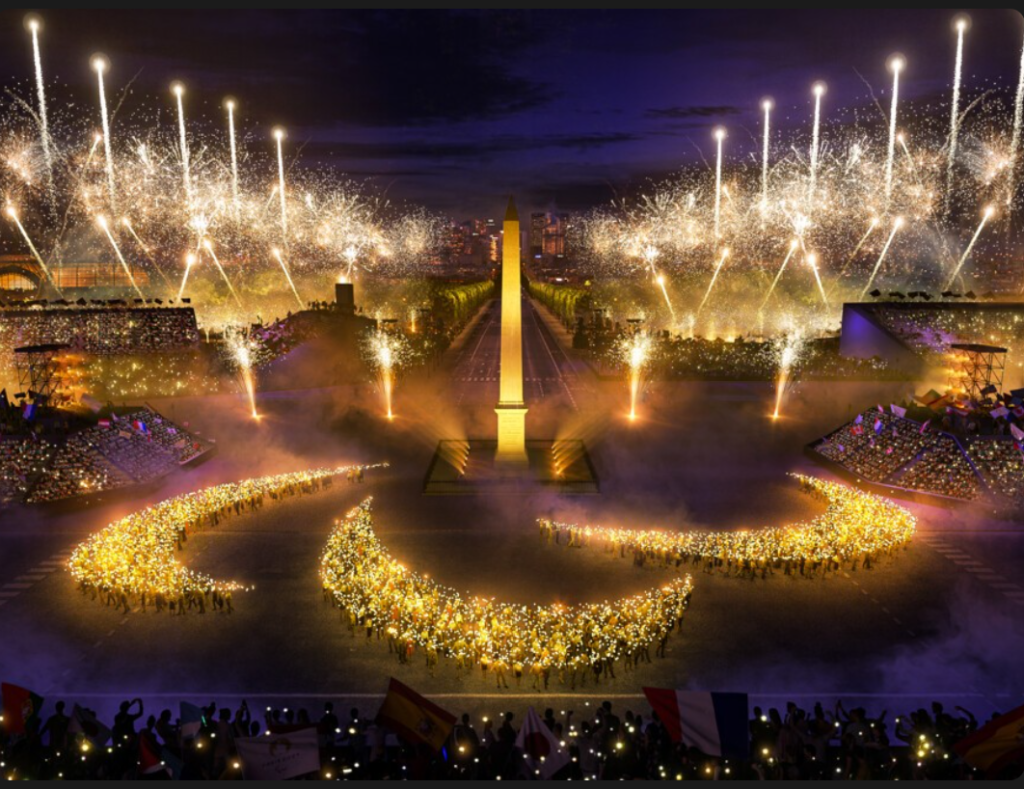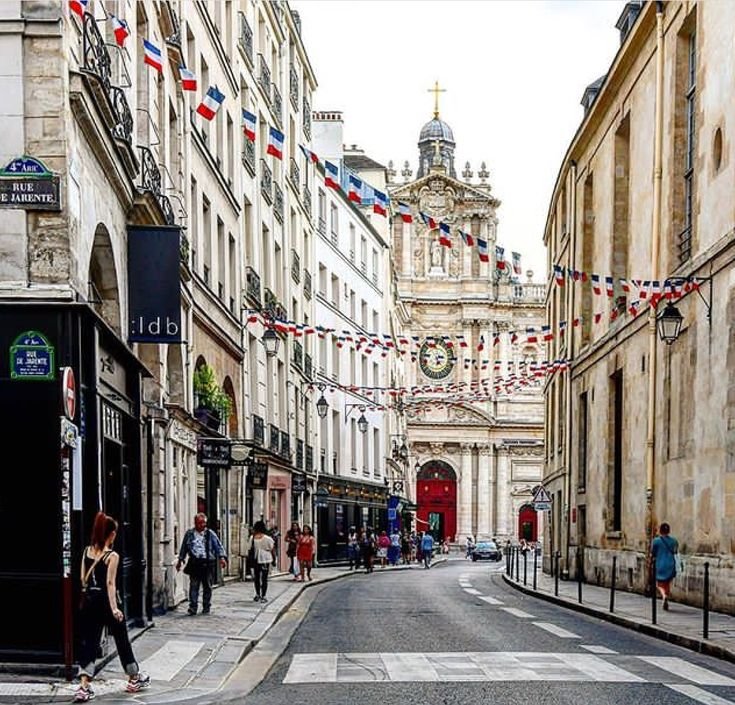As the world eagerly anticipates the 2024 Olympics in Paris, a city renowned for its rich history, culture, and iconic landmarks, a recent announcement has stirred up a spirited debate. The sale and consumption of alcoholic beverages will be prohibited at all sites and competitions, with the exception of VIPs. This decision aligns with the French law known as the “Loi Evin” from January 12, 1991, which restricts the sale and distribution of alcoholic beverages in certain venues. However, the Alcohol ban At the Paris 2024 has sparked criticism and discussions about inequality and its impact on the overall spectator experience.
This isn’t the first time that alcohol restrictions at major sporting events have caused a stir. The 2022 World Cup in Qatar also faced an uproar over similar restrictions. As we look forward to the Paris 2024 Olympics, it’s worth exploring some creative alternatives to these restrictions that could enhance the spectator experience while adhering to local regulations and promoting responsible drinking.
Non-Alcoholic Beverages: A Toast to Variety
Who said that beverages need to be alcoholic to be enjoyable? Instead of alcoholic drinks, organizers can provide a wide range of non-alcoholic beverages, including mocktails, smoothies, and specialty drinks. This not only caters to the preferences of non-alcoholic drinkers but also creates a unique experience. Spectators can enjoy a Parisian sunset with a refreshing mocktail in hand, capturing the spirit of the games without the need for alcohol.
Alcohol-Free Zones: A Space for Everyone
Creating designated areas within the venues where alcohol is not allowed can ensure that those who prefer an alcohol-free environment can enjoy the games without any discomfort. These zones could become popular meeting spots for families, providing a safe and comfortable space for spectators of all ages.
Strict Age Verification: Keeping it Legal
Implementing a rigorous age verification process can help prevent underage drinking and ensure that only those of legal drinking age can access alcohol at the venues. This could involve checking IDs at entry points or using wristbands to easily identify those who are of legal drinking age.
Alcohol-Free Events: Family-Friendly Fun
Organizing specific alcohol-free events or sessions can provide an inclusive and family-friendly environment where everyone can participate without the presence of alcohol. These could include cultural performances, interactive games, or athlete meet-and-greets, offering spectators a variety of ways to enjoy the Olympic experience beyond the competitions.
Enhanced Security Measures: Safety First
Implementing strict security measures, such as bag checks and increased surveillance, can help deter illicit alcohol consumption and maintain a safe environment for all attendees. While this may require additional resources, the safety and comfort of spectators should always be a top priority.
Education and Awareness: Drink Responsibly
Promoting responsible drinking and educating spectators about the risks associated with excessive alcohol consumption can encourage a healthier and safer atmosphere during the games. This could involve displaying informational posters, distributing pamphlets, or even hosting educational workshops.
Non-Traditional Sponsorship: Thinking Outside the Bottle
Instead of relying on alcohol brands for sponsorship, organizers can explore partnerships with non-alcoholic beverage companies or other industries to support the games financially. This could open up new opportunities for collaboration and innovation, while also aligning with the event’s commitment to promoting a healthy and inclusive environment.
Cultural and Culinary Experiences: A Taste of Paris
Highlighting the local cuisine, traditional beverages, and cultural experiences can provide alternative options for spectators to enjoy and celebrate during the games. From sampling French pastries to exploring Parisian art and music, spectators can immerse themselves in the rich culture of the host city.
While the decision to implement an alcohol ban at the Paris 2024 Olympics may seem restrictive to some, it opens up a world of creative possibilities for enhancing the spectator experience. By exploring alternatives such as offering a variety of non-alcoholic beverages, creating alcohol-free zones, implementing strict age verification, organizing alcohol-free events, enhancing security measures, promoting education and awareness, seeking non-traditional sponsorship, and highlighting cultural and culinary experiences, the games can cater to a diverse audience and create a memorable experience for all.
The Olympics is not just about competitions; it’s about bringing people together from around the world to celebrate human achievement, unity, and the spirit of sportsmanship. As we look forward to the Paris 2024 Olympics, let’s embrace these alternatives and look forward to an event that is inclusive, enjoyable, and memorable for everyone.
Remember, the spirit of the Olympics is not in the bottle, but in the hearts of the athletes and spectators. So, here’s to a successful, safe, and spectacular Paris 2024 Olympics. Cheers, or as the French say, “Santé!” but with a zero-beer in hand.




